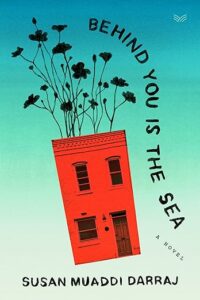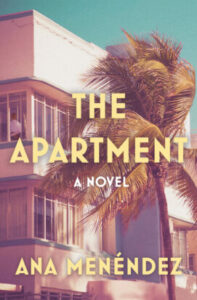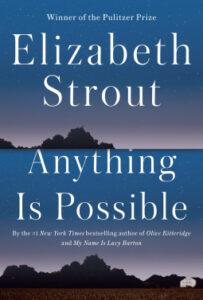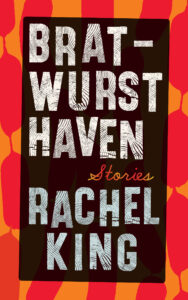Jennifer S. Davis’s linked collection, We Were Angry introduces us to a group of friends in small-town Alabama whose lives are haunted by tragedies that reverberate across generations. In Davis’s world, Alabama is more than a fictional setting. It’s a scene for interrogating power, privilege, pain, and what it means to live in-and to leave-the American South. In lyrical, urgent prose shot through with dark humor, Davis offers glimpses of a land of contradictions: dollar stores and golf courses, dive bars and country clubs, and long-forgotten communities flooded to make way for mansions where missing women are rumored to be buried. Traversing these red dirt roads we find mothers and mourners, rebels and addicts, lovers, liars, prisoners, politicians, theme park enthusiasts, and collectors of rejected house pets-and we may be most surprised to find ourselves, “shocked . . . to see our own anguish staring, unblinking, back at us” like an uncanny face in the mirror we will not soon forget.
(from Barnes and Noble description)
More about this collection
Author profile for Jennifer S. Davis (and accolades) – at Press53.com
We Were Angry‘s Goodreads profile – with links to purchasing options
An interview about the book over at Work-In-Progress.com
In the interview the author has this observation about the writing process which I feel says a lot about the general experience of building a linked short story collection:
“I generally begin a story with an image, and then I write toward that image. My characters journeys are never clear to me until I complete a story. Yet, with this collection, the stories are never quite complete. A perspective character from one story will appear as a secondary character in another story and completely upend what the reader thought they knew. The narrative arcs and character arcs keep changing and evolving as the collection progresses. Nothing is as it seems. This shifting, the layers of revelation occurring outside of each seemingly self-contained story, happened organically as I was writing, and it was definitely a welcomed surprise. I really loved the shifting narratives once they emerged, as they get at the core of what the collection is about to me: the missed connections and miscommunications so many of us experience when trying to forge relationships, our inability or reluctance to reveal ourselves to another, how trauma destabilizes our sense of self.”
I really like this way of describing the writing process. Personally I often feel intrigued by what my characters have been doing ‘between the stories’ and that is quite a rewarding part of the writing process!



